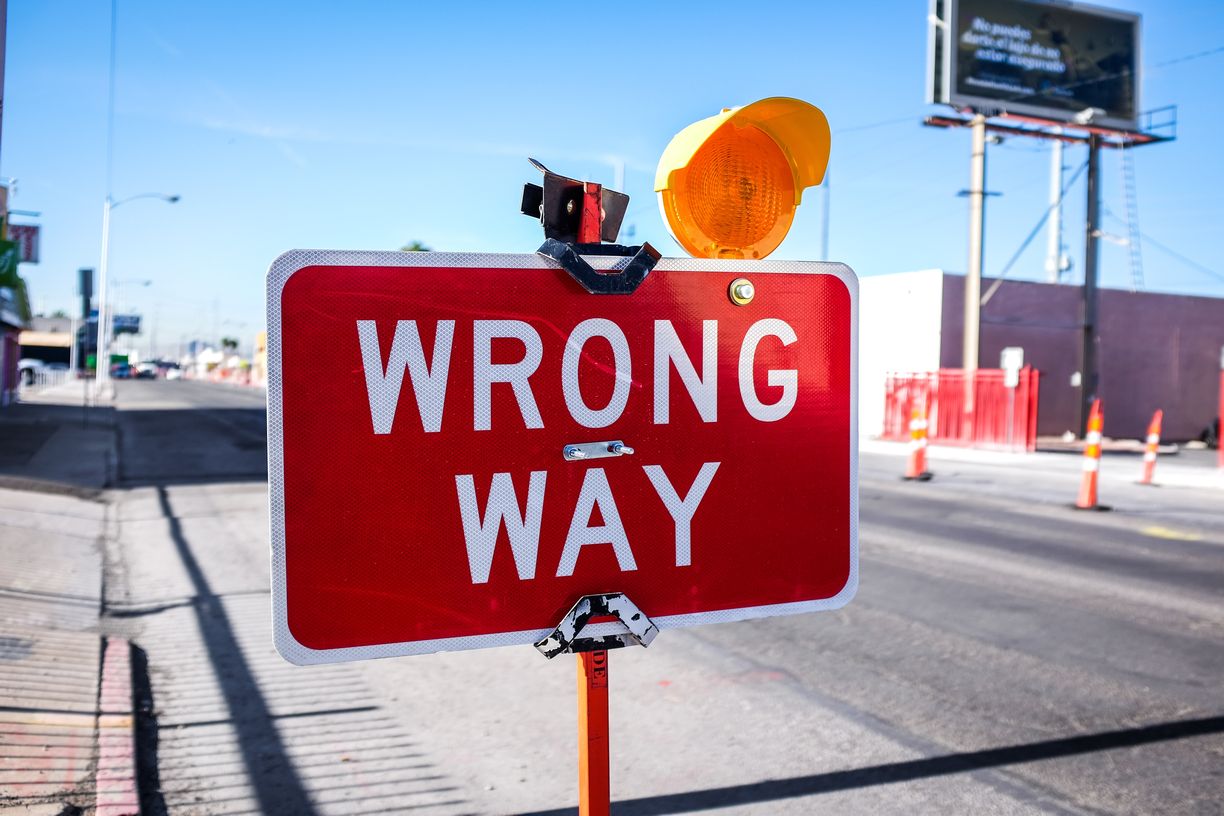Wednesday, July 8th, 2020

We’ve never liked the word “mistake” – it always seems to add guilt to what is otherwise a need to learn a new lesson or correct an error in judgment. Through our years of working as financial planners and advisors, we’ve seen many of our clients and loved ones make similar errors with their personal finances. Here is a list of some of the biggest money mistakes and most unproductive financial behaviors we notice quite often. These may warrant some consideration if your money isn’t working for you as well as you’d like it to.
Living Paycheck to Paycheck Without a Spending Plan
Like our physical health requires us to have a diet plan for what goes into our bodies, our financial health requires a spending plan, also called a budget. Your spending plan should account for every penny that comes in and goes out of your financial accounts. Without a roadmap for spending, random expenses sneak into everyday living. These small expenses add up over time and can sabotage our good intentions.
No matter how much income we have, it’s necessary to clearly consider and plan how we save and spend it. It’s not the amount of money we have, but how we use these resources wisely, that gets us to our financial goals over time. Having a spending plan is like telling your money where to go, rather than wondering where it all went.
Spending Money You Don’t Have
Ouch! This one is a killer for any person who wants to work toward achieving their financial goals. As discussed above, without a solid spending plan (and saving plan, which we will discuss next), you’re likely overspend on a regular basis. Spending more than comes in often shows up in a couple of ways. Maybe your credit card always has a balance, or you scramble to pay off debt by taking on additional loans.
Have you ever noticed yourself thinking about spending money before you receive it? Maybe it’s a tax refund or a bonus you’re expecting, regardless you’ve already decided how you want to spend it before you have it. What’s worse is actually committing to new expenses, such as leasing a new car or apartment, before you have the money in hand to do so.
If this sounds like you, you probably don’t even have a safe amount of emergency savings built up to begin with. This leads us to our next unproductive financial behavior.
Not Saving for An Emergency
If you don’t have a savings plan and you overspend, chances are you don’t have an emergency savings fund, otherwise referred to as a cash reserve. Some financial experts argue that having an open credit limit of at least $5,000 is a good alternative to having an emergency savings account. We disagree.
If you don’t have a budget and you’re spending more than you make, then relying on credit in an emergency will only lead to more financial hardship. The most fundamental savings goal that everyone should strive for is having a sufficient amount of savings built up in case of emergency.
Life happens, things come up and we all have to deal with unplanned expenses over time. We recommend maintaining enough savings to cover at least 3-months’ worth of your total living expenses, for an extra margin of safety consider targeting 6-months’ worth of living expenses.
In the event of an emergency, an injury, job loss or other inconvenience, what you really don’t want to do is rely on credit, which brings us to our fourth and final point.
Using Credit for Day-to-Day Expenses
Being granted credit is a privilege we all should respect. Just because you can get credit doesn’t mean that it’s wise to rely on it for regular expenses. If there’s a good budget in place that keeps you on track with paying off all credit cards in full each month, then that might work. However, using credit in this manner can also point to one of the biggest money mistakes, such as a lack of planning or a lack of available cash on hand to cover normal monthly expenditures.
This takes us right back to our first lesson. A plan is essential to experience any modicum of success toward our financial goals and values.
The Bottomline
Whether or not any of these money lessons hit home, it’s always a good time to review your finances. Consider enlisting the help of a qualified financial advisor for extra support. Tracking your money closely ensures it aligns with your long-term goals, preparing you for life’s surprises. Learning from the biggest money mistakes today is crucial for a secure financial future.
Navalign is here to guide you. Schedule a complimentary consultation to craft a personalized strategy and optimize your financial well-being.
